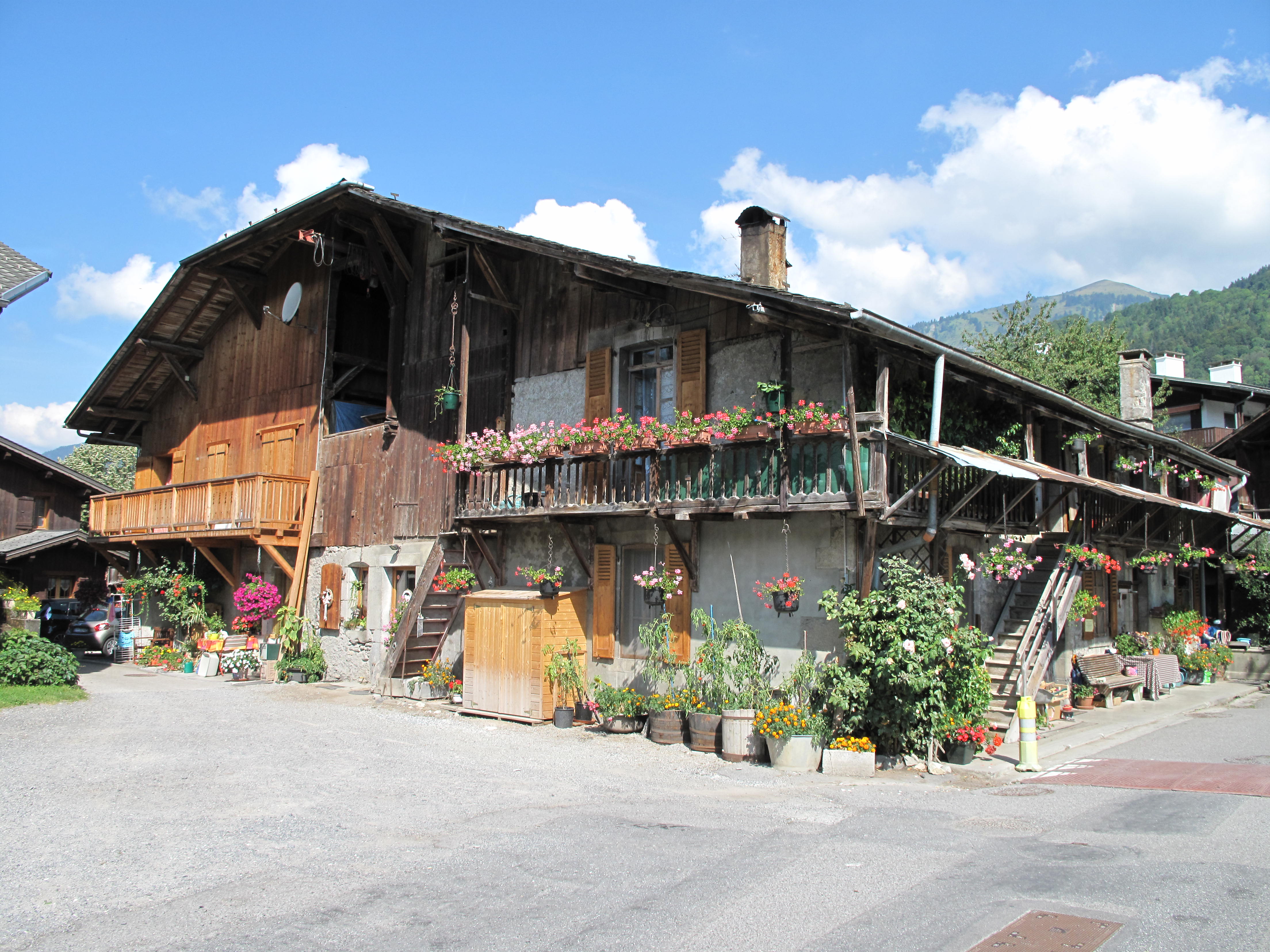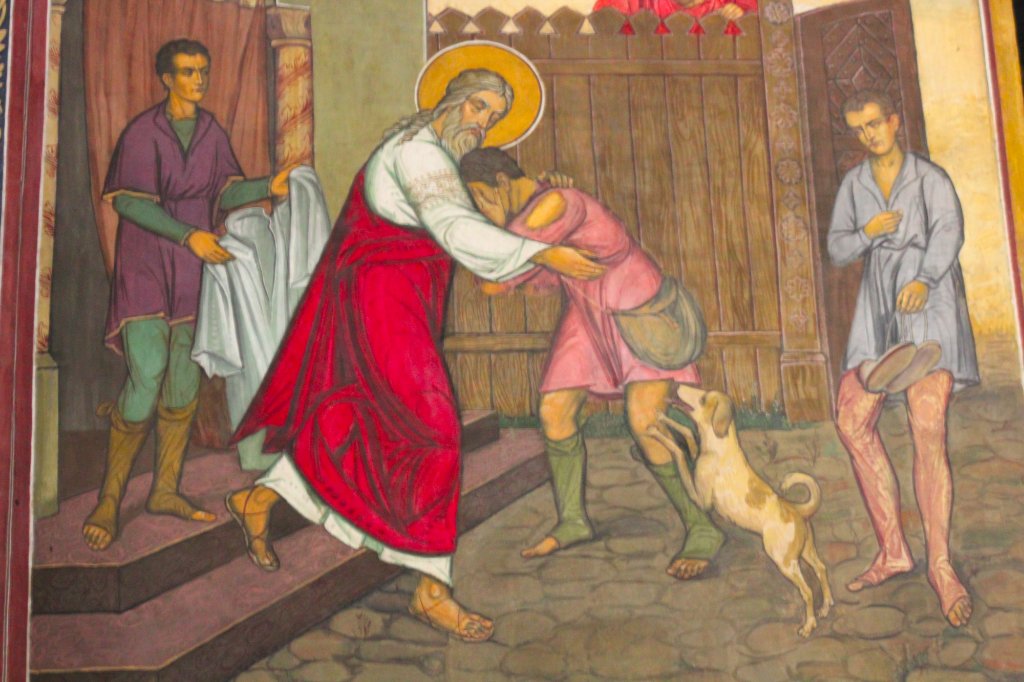It’s Not Where You Start
This is my written sermon for this Sunday for our Circuit’s Written Worship ministry.
Jeremiah 18:1-11, Philemon 1-21, Luke 14:25-33

Life does not always turn out like you expect it to. We may have grand schemes or plans that never come to fruition, because of circumstance – or lack of them. If our original life plan had worked out we would be living in a cottage in France, retired and carefree from the age of fifty. That was the dream we were sold in the 1980s. Life has changed direction several times since then, through calling, the economy and chronic illness. That does not mean that life is any less worthwhile because it has become something different.
Just because we are living a different life to what we imagined does not make it meaningless – indeed perhaps it is more meaningful. There are also those for whom they are glad their life is not what it was, that it has changed shape. People who are glad of the opportunity of a fresh start or a new direction.

Pottery, in Jeremiah’s time, was an everyday thing, so many utensils were made from it. Making it was an art. If you have ever watched the Great Pottery Throwdown you will know that even to the experienced, it is not always as easy as one might think to make what you think you are going to. As Jeremiah spends time in the potter’s workshop he sees that reality working out in front of him. Sometimes what was made wasn’t right and needed to be squashed and reformed.
Jeremiah sees for himself that “the vessel was spoiled, and he reworked it into another vessel”. A ruined pot is not abandoned or thrown away, it is made into something new and purposeful by creative hands. God shares with Jeremiah that similar can happen in and with human lives. What has gone wrong can be reshaped. Allowing the potter to make the right thing with the clay is a beautiful thing. A life that is changed from spoiled and reworked is not a disaster but becoming the thing it is meant to be.
The book of Philemon concerns only one thing – Onesimus. He was a runaway slave, and probably also a thief. His running had taken him to Rome, where he met Paul and became a Christian. Paul is now sending him back to Philemon and asking him to receive him back as the man he is now and not the one who wronged him in the past. Paul is willing to stand for him.

Once Onesimus was useless, now he is useful. He is no longer just a slave but is now a beloved brother in faith. He is not the man he once was, but the man God and his faith have made him.
In the passage from Luke’s gospel, Jesus speaks to his disciples of the cost of discipleship. About leaving one way of life and embracing another. Becoming true followers of Jesus.
Jesus is now on his way to Jerusalem. This is no longer about a ministry wandering around Galilee, but a journey to the final destination. It is time for the disciples to decide what matters to them. What they can leave behind and what they can’t. Not how they are defined now (as child, spouse, parent, sibling, or any other way) but as how they are going to be defined in God’s Kingdom. It is not about being a follower, but a true disciple.
This is another one of those tough passages, where Jesus seems to say something totally counter to what we imagine he would. Why is he asking them to hate their nearest and dearest? What an awful thing to do. But Jesus is using exaggeration to make a point. He is not literally saying we should hate these people, but that we must decide where our love for him sits in the context of all our other obligations, relationships and even love. (Remember on the cross, at the end of John’s gospel, Jesus makes sure his mother is well cared for. He is not against love and care for families.)
He reminds them that no one wants to start something they are not going to finish. You want to know what something costs before you start. Many years ago, while staying in France, we went to Switzerland for the day. We knew Geneva was very expensive, so when we got there, we went to a cash machine to get some Swiss Francs. We got out what we thought was sufficient for the day. We had to go back to later in the day, even our generous estimate was nothing like enough for what we needed. It was a much more expensive day than we had anticipated. But it was worth the cost! Had we known before we went would we still have gone? Definitely – but it would have been good to be aware.

For Jesus, doing what God needed of him involved carrying his cross – and not just carrying it, but being nailed to it. He had to surrender all that he had and all that he was, but he became what he needed to be – our Saviour. The cost for us may not be so dramatic, but a cost, a change there will be. Are we ready and willing for God to make us into the people we need to be? For God to remake us? Would we be very grateful for that because we are not keen on what we are? God can change and recreate what needs to be.
Jesus reminds those thinking about following him to Jerusalem that it is not about what you leave behind, but what you pick up. Christian life is not about what you were, but what you become – in God’s hands. It is not where you start, but where you end. Not what we see and make, but what we allow God to make in and through us.
Each of these passages speaks of what we are. Not what we were, but what God makes us. Today I am asking God to make me, remake me, the person God needs me to be. To smooth off rough edges, to remodel what in me needs it, to rework me into the vessel I need to be, to start again if that is what is needed. At the start of a new Methodist year, these are good questions to ask ourselves and the church through God. What could I be? What should we be? What is God longing to make me and this church in to?
Make me, mould me Lord, not into my expectations or plans, but into what you call and create me to be. Amen.


Hi Pam After a very long time of not being in touch with you I want to say a big thank you for “ it’s not where you start “ I found it really helpful and gave me a lot to mull over.It was extremely poignant know a little of your ministry. You have been in Chesterfield for a good while now and hope that it was a really good move for both you and your family? Our circuit continues very much as when you left but our ministers are great.It is a real blessing to have Stuart as our super and Dave and Debbie are such a blessing.To have a deacon to encourage us and show us how to engage with our local community is great. We do still however continue to have the same problems as most Methodist circuits and I won’t bore you with the details!! Thanks once again,Wendy
Sent from my iPhone
>
Hi Wendy, lovely to hear from you. I think I somehow lost Facebook contact with you.
Moving has worked out really well for us. I’ll email you x